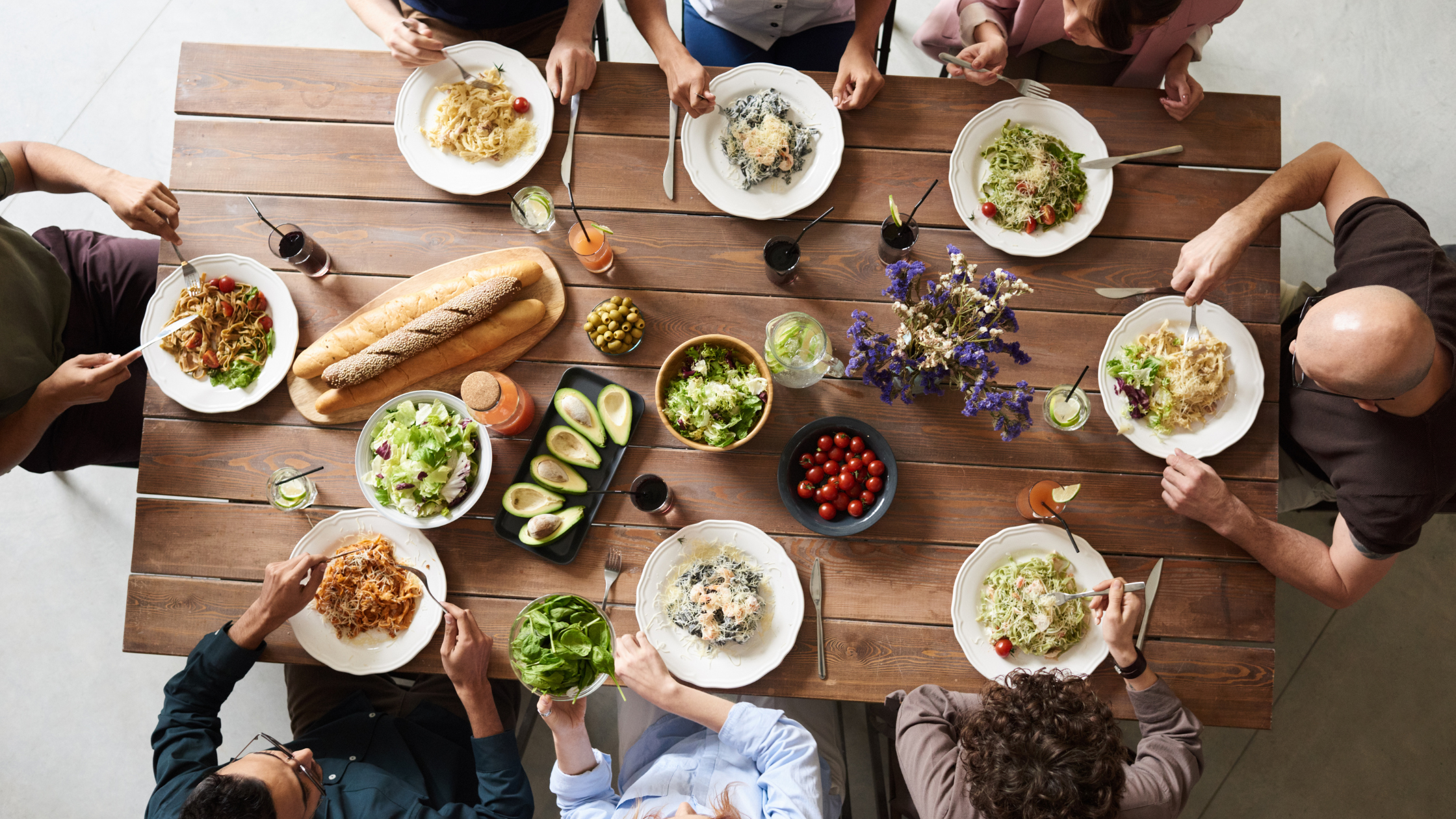10 Gentle Reminders to Support Eating Disorder Recovery
When you’re in recovery from an eating disorder, it’s normal for the “ED voice” to get loud — especially when things like medication changes, stress, or body image concerns come into play. In those moments, it can help to come back to a few grounding truths. Eating isn’t the problem; it’s part of the solution. Here are some reminders to hold onto when you need reassurance:
Hunger Cues Are Not the Problem — They’re Part of the Solution
Your body isn’t betraying you when it sends hunger signals. It’s asking for care. Honoring those cues helps regulate stress, mood, and energy, while ignoring them tends to increase exhaustion and preoccupation with food.
Eating Protects Your Mental Health
Nourishment is fuel for your brain. Eating enough supports mood stability, helps you process stress, and keeps intrusive thoughts quieter. Restriction, even when it feels like an effective short term solution, adds more mental strain in the long run.
All Foods Fit — and All Foods Have a Role
There’s no “perfect” way to eat in recovery. Every food can provide something valuable: energy, satisfaction, comfort, or connection. Flexibility is part of healing.
Recovery Means Learning to Trust Your Body Again
Even if appetite or weight shifts with stress, hormones, or medication, your body’s need for consistent nourishment doesn’t change. Eating regularly is choosing recovery, not “losing control.” When you provide your body consistency, it will become more predictable and stable.
You Can’t Think Your Way Out of Hunger
When hunger shows up, trying to reason with it or ignore it won’t make it disappear. The only way to move through hunger is to eat. Your body needs energy in the same way your phone needs charging — no amount of willpower changes that.
Nourishment Lowers Physical Stress
The ED voice might say eating will make things worse, but physiologically the opposite is true. Eating lowers cortisol (the stress hormone), calms your nervous system, and helps you feel more grounded. Skipping meals heightens stress and makes emotions harder to regulate.
Eating Is an Act of Self-Compassion
Each meal or snack is a way of saying, “I care about myself enough to keep going.” Nourishment is not indulgence — it’s maintenance. Just like sleeping or taking medication, eating is part of how you care for your whole self.
Food Gives You Back Your Life
Every time you choose to eat, you’re not only fueling your body but also reclaiming mental space. With consistent nourishment, your thoughts become less about food and more about what truly matters — relationships, passions, and goals.
Recovery Isn’t About Getting It Perfect
There will be days when eating feels easy and days when it feels hard. That’s normal. What matters is that you keep practicing. Each step toward nourishing yourself, no matter how small, is progress.
Your Worth Is Not Defined by Weight or Intake
The ED voice often ties your value to numbers — the scale, calories, how much you eat. The truth is: your worth is constant. Eating does not change your value; it reinforces your ability to show up fully in your life.
Final Thoughts
When the ED voice gets loud, remind yourself that eating is not the enemy — it’s a vital part of recovery. Nourishment lowers stress, protects your mental health, and gives you back the freedom to live beyond food rules. Every bite you take is a step toward healing.

